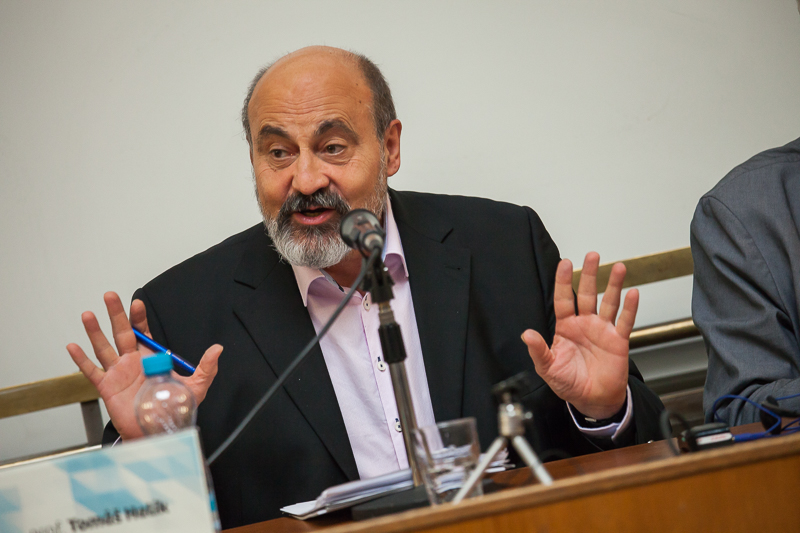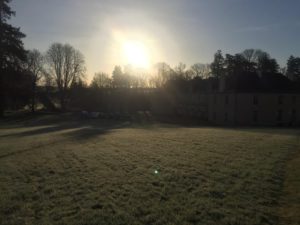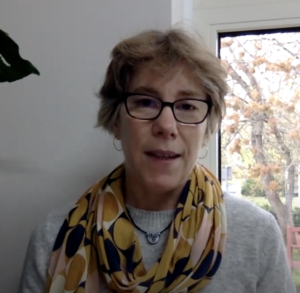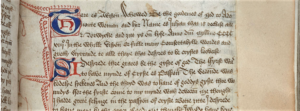
What light does the current crisis shed on Christianity and life today?
The crisis has come at a time when both the Church and the society in our part of the world are in a state of deep internal division. On the one side there are mostly younger and better educated people, people living in larger cities and in better social conditions – who profit from globalization and usually support liberal democracy and international cooperation (the EU in particular). On the other side there are mostly elderly, less educated people, with a lower income and usually living in the country, who often feel disoriented by the developments in the present world and are apt to support dangerous populists and nationalists (such as Trump, Brexit supporters, and the authoritarian and corrupt leaders in post-communist countries – Putin, Orban, Kaczynsky, Zeman and Babis)
In a similar way, there are tensions among Christians – not between individual churches, but rather across them. Some realize the need for a deep reform of the Church, not only of its structures, but the very mentality, in other words the need for a spiritual renewal – a turn away from clericalism to the spirit of the Gospel, which Pope Francis is calling for. Others (sociologically similar to the group supporting political populists) are afraid of any changes and frequently applaud those who misuse religion as a symbol of ’cultural identity’ to pursue their own political interests. Such dangerous attempts to corrupt the Church and abuse religious rhetorics have particularly been made by populist politicians of the post-communist world.
The crisis has ‘driven Christians out of their churches‘. The essential question is whether they now survive the time of closed churches on mere consumption of broadcasted religious services and then quickly return to ‘business as usual‘, or if they understand this situation as ‘kairos‘. Personally, I see the closed and empty churches as a prophetic sign: such will be the Church in one generation time should it fail to undergo deep spiritual transformation.
You have often mentioned contemplation as an intrinsic part of the spiritual journey. Could that be the answer to the current situation?
Yes – what we need most of all now is the prophetic service of ‘spiritual discrimination‘, the ability to ‘read the signs of the time‘. And for this, contemplation is absolutely essential.
How do you personally experience the crisis?
I have been given this time, when I cannot carry out so many of my usual duties at university and in the parish, and I am trying to spend it by exploring new creative ways to do this work (particularly through a series of speeches on YouTube), as well as by reflecting on the current situation, studying and writing.
There are debates on how the current situation will affect the economy and society. What, in your opinion, will be its impact on the Church and spirituality?
In order to accept a new lifestyle requiring greater modesty in a number of areas, not only as an imposed burden but a chance for transformation, for a greater depth and better quality of life, this process of change needs a major spiritual dimension.
What does contemplation mean for you personally and how do you manage to integrate it in your busy schedule?
Christian existence is a process of constant conversion, metanoia – from the ‘ego‘ to ‘Christ within us‘. Contemplation is this path, the method (methodos). It is a battle with the forces used by the ego resisting its own death. It is a battle I often lose.
| Prof. Tomáš Halík is a Czech priest and professor in Philosophy and Theology at Charles University in Prague, pastor of the Academic Parish, and President of the Czech Christian Academy. He lectures at universities and international conferences around the world, he was a visiting professor at Oxford University, Cambridge University and Harvard University. Prof. Tomáš Halík received many prestigious prizes including Cardinal König Prize (2003), Romano Guardini Prize (2010) and Templeton Prize (2014). Pope John Paul II appointed him advisor to the Pontifical Council for Dialogue with Non-Believers and Pope Benedict XVI granted him the title of Monsignor (2009). His books have been translated into many languages, including English. Patience with God – The Story of Zacchaeus Continuing in Us (2009), Night of the Confessor: Christian Faith in an Age of Uncertainty (2012), I Want You to Be: On the God of Love (2016), From the Underground Church to Freedom (2019). |
By Vladimír Volráb



